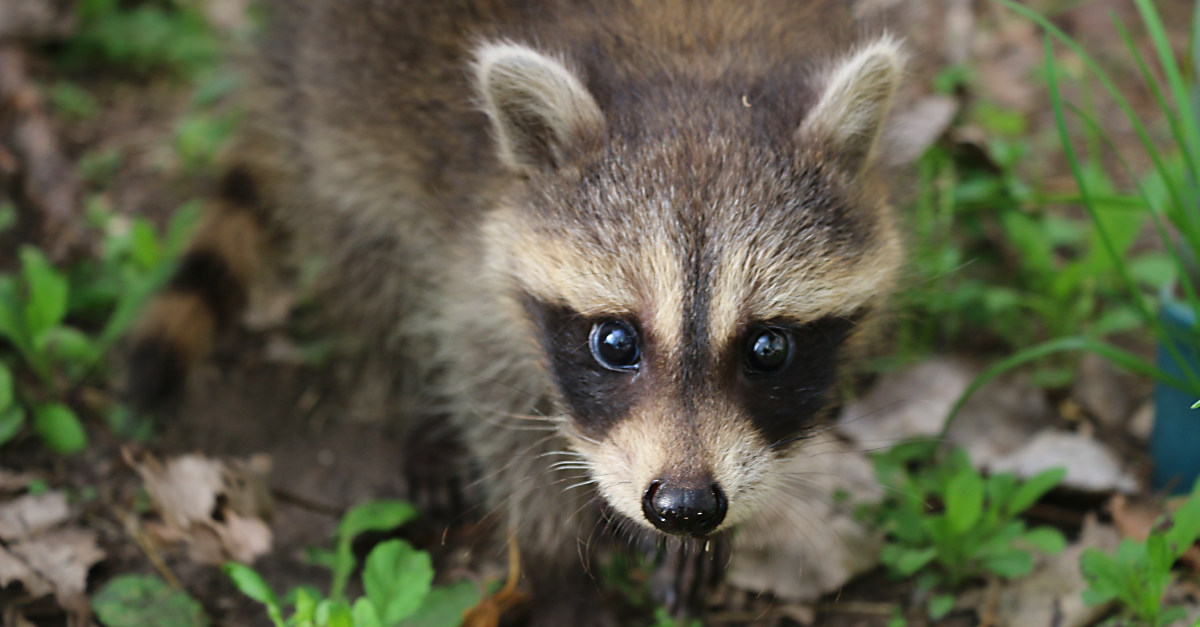
There is nothing as terrifying as hearing something scratching at the outside of your tent in the black of night. And there is nothing as adorable as finding out that the nightmare-in-waiting was just a baby raccoon, looking for a snack. But what do we do when we find out that this raccoon is injured, or orphaned, and we’re away from resources like phones, highways, and wildlife rehabilitators?
The Fur-Bearers have put together three steps to consider if you’re out camping (or away from home in general) and come across an orphaned or injured animal:
- Verify they need help. Fledgling birds will hop around on the ground for a week before learning to fly, and mammals with leave babies for hours, if not all day. Keep your distance and do not attempt interacting or feeding them. If, after several hours, there is no sign of an adult or den site nearby, they may need assistance. For injuries, try to see if there are any clear signs of trauma, or difficulty in movement before intervening.
- If you confirm they are injured or orphaned, put them in a box with a towel on the bottom and adequate airholes. Keep them in a quiet area – this may mean keeping them away from your campsite. It’s important to let them rest: do not feed them or interact with them, and only provide a dish of water appropriate to their size, but not so big that they can get wet (young or injured animals can quickly lose thermoregulation and/or drown).
- Get them help as soon as possible. If there is not a rehabilitator nearby, an SPCA agency or veterinarian may be able to provide care. If you need to keep the animal overnight, make sure they’re safe, quiet, warm, and dark for them.
In many jurisdictions, it is illegal to keep wildlife for more than 24 hours (the time it takes to get them to an appropriately licensed individual or service). Interacting with wildlife can also be extremely hazardous and the stress of our attempts to care for them can lead to more injury or death.
We’re proud that so many of our supporters make compassionate choices in how they help wildlife every day – please make sure that you put their needs first, and talk to a local wildlife rehabilitator if you have more questions.
monthly donor(for as little as $10/month – the cost of two lattes) pleaseclick hereand help us save lives today.

